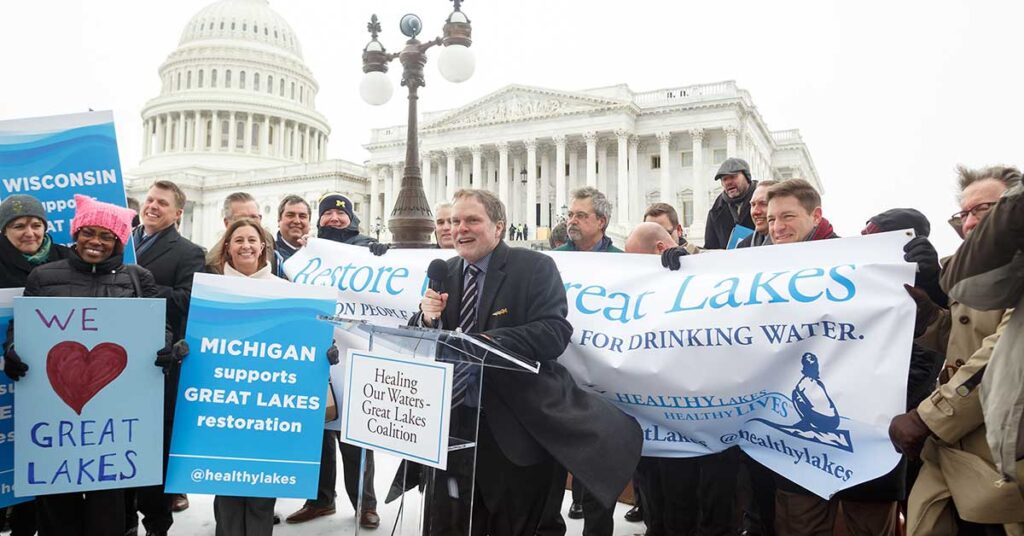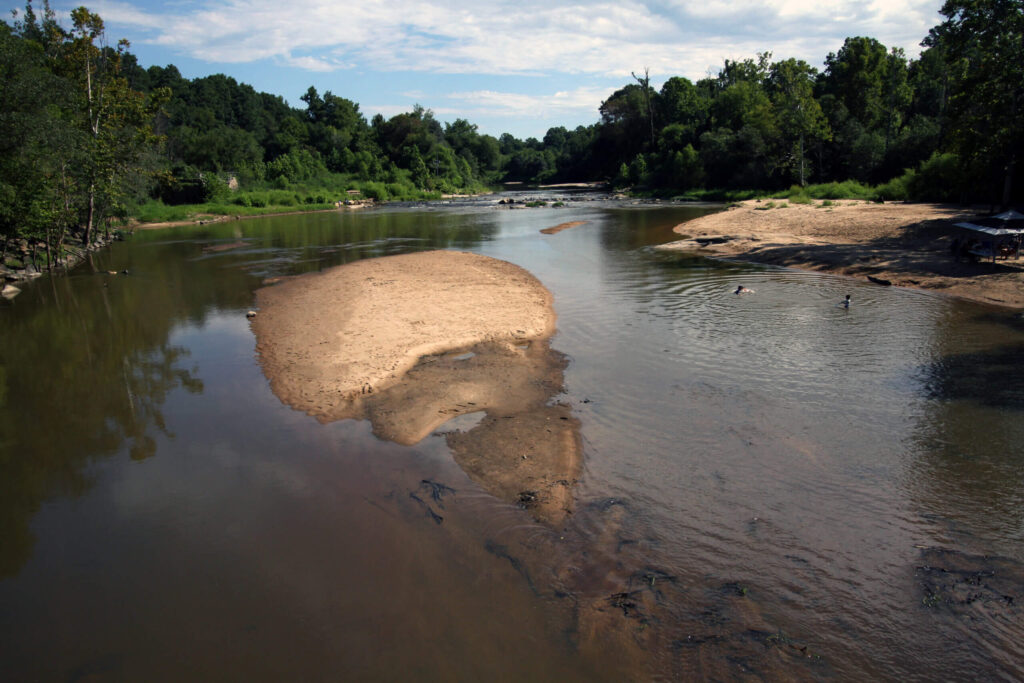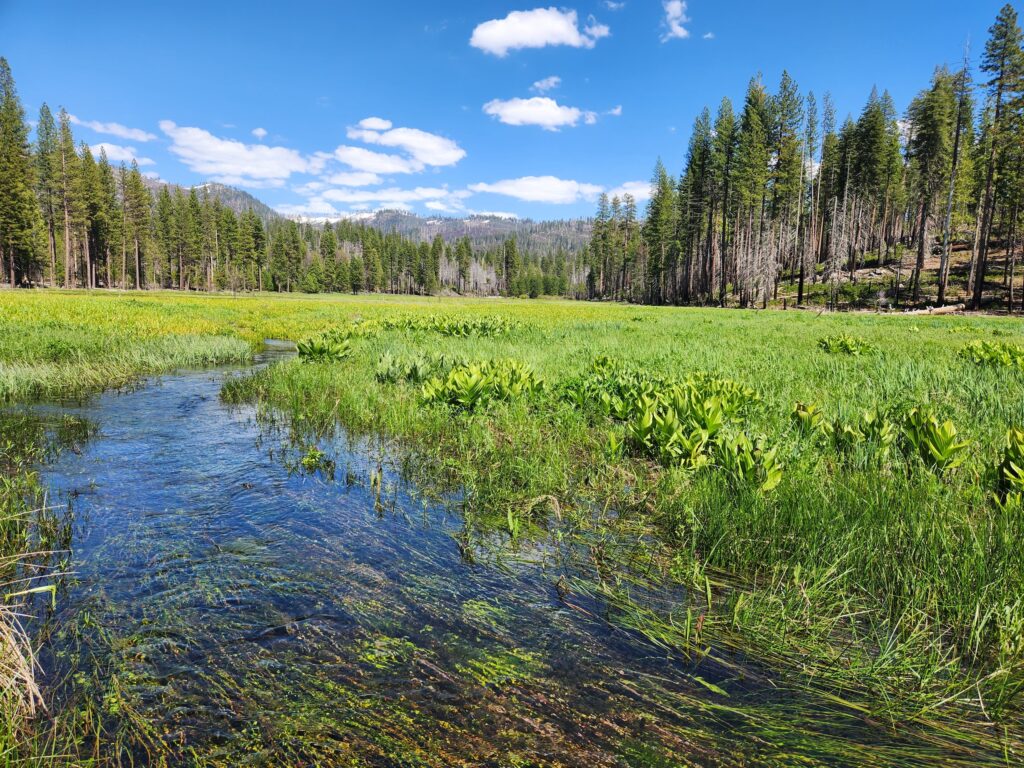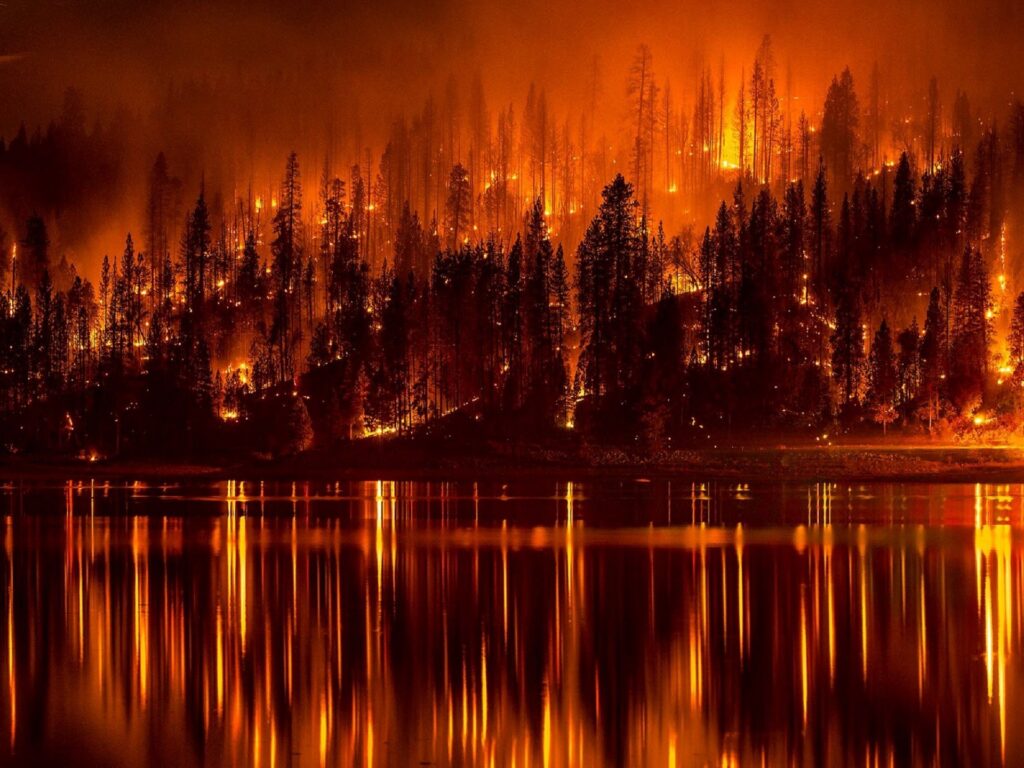Stand Up for the Great Lakes
The President's budget zeroed out the Great Lakes Restoration Initiative. Funding must be restored to protect and restore the Great Lakes, which provides drinking water for 30 million people. The International Joint Commission is seeking comment on their progress on protecting the Great Lakes until April 15, 2017.

The Great Lakes – the largest system of fresh surface water in the world, which supplies drinking water to 30 million people – needs your help.
The Administration’s proposed budget has eliminated support for the Great Lakes Restoration Initiative (GLRI), which is a critical program that works to protect and restore the Great Lakes for future generations.
The GLRI, which was launched in 2010 continues to produce results.
These dollars have been used to remediate over 3.5 million cubic yards of contaminated sediment; clear more than 3,800 river miles for fish passage; double the amount of farmland under conservation practices in Western Lake Erie, Saginaw Bay and Green Bay; protect, restore, or enhance more than 150,000 acres of wetlands, coastal, upland and island habitat; and help 15 populations of native aquatic non-threatened and non-endangered species become self-sustaining in the wild. Just to name a few.
Without funding for this important work, the problems on-the-ground will get worse and become more expensive to solve.
Clean up work to remediate toxic sediment and restore habitat already underway will slow down. Asian carp prevention could leave the Great Lakes very vulnerable without funds available for monitoring and electric barriers. Targeted polluted runoff work ends, which includes projects aimed at reducing phosphorus and nitrogen inputs from agricultural lands entering waterways. Let’s not forget the Toledo Water Crisis of 2014.
Since the announcement. there has been a flurry of response to these cuts.
Congressional leaders on both sides of the aisle have expressed concern. U. S. Senator Rob Portman (R-OH) released the following statement strongly opposing President Trump’s budget request to eliminate funding for the GLRI, saying he would fight to preserve the program and its funding:
“The Great Lakes are an invaluable resource to Ohio, and The Great Lakes Restoration Initiative has been a successful public-private partnership that helps protect both our environment and our economy. According to a recent study, the GLRI’s work generates a total of more than $80 billion in benefits in health, tourism, fishing, and recreation. The study also states that GLRI saves local communities like Toledo $50 million in costs, and increases property values across the region by a total of $12 billion.
“The Great Lakes Restoration Initiative has been a critical tool in our efforts to help protect and restore Lake Erie, and when the Obama administration proposed cuts to the program, I helped lead the effort to restore full funding. I have long championed this program, and I’m committed to continuing to do everything I can to protect and preserve Lake Erie, including preserving this critical program and its funding.”
Representative Marcy Kaptur (OH-9) made the following statement:
“President Trump’s proposal cuts all funding to one of the most successful and popular clean water programs in the country,” said Congresswoman Kaptur. “Millions of Americans are depending on us to ensure safe, clean drinking water and economic growth in the Great Lakes region. Instead of bailing on the world’s greatest collection of fresh water, Congress will build on our success and work together in a bipartisan way to fight for our Great Lakes.”

Town Hall in Toledo at the Great Lakes Maritime Museum on March 9, 2017 | Lucas County Commissioners Office
Town Hall meetings and rallies have been popping up across the basin in Minnesota and Ohio. In Toledo, American Rivers in partnership with the National Wildlife Federation and the Lucas County Commissioners held a town hall to hear from concerned citizens about the proposed cuts and give them the tools to advocate individually. Local residents expressed heartfelt concern for the lakes as well as the many citizens that rely on its waters as a drinking source.
In addition to the hard court press to fully restore the GLRI, the International Joint Commission (IJC) is seeking public comment on progress by the governments of Canada and the United States under the 2012 Great Lakes Water Quality Agreement.
The IJC is an independent binational organization created by Canada and the United States under the Boundary Waters Treaty of 1909 to cooperate to prevent and resolve disputes relating to the use and quality of the many lakes and rivers along their shared border. The Great Lakes Water Quality Agreement assigns the IJC a role in assessing progress, engaging the public and providing scientific and policy advice to help the two countries restore and maintain the chemical, physical and biological integrity of the waters of the Great Lakes. The IJC wants to know what the public thinks about their progress. They are in the process of holding public meetings in various cities across the Great Lakes to get input from stakeholders like you.
If you would still like to share your thoughts on their Triennial Assessment of Progress report, you have until April 15, 2017 to submit comments.
The Great Lakes region is not just “fly-over” country. Come here and you’ll see the amazing rivers, landscapes, habitat, and people that call this place HOME(s). HOMES = Huron, Ontario, Michigan, Erie, and Superior. These are the Great Lakes and I’m proud to call it my home.




2 responses to “Stand Up for the Great Lakes”
I grew up in Erie, PA during the 60s and 70s and remember Presque Isle being a stinking place littered with dead fish. The lake (Lake Erie) was too toxic for swimming or fishing. Today, the lake is cleaner than I have ever seen it but we still face challenges like Asian Carp and other invasive species.
Our area has lost most of the well paying manufacturing jobs due to automation and other factors. One solace is Lake Erie and its tributaries which provide recreation and tourism dollars.
By defunding the Great Lakes Restoration Initiative, the Trump Administration is breaking its promise to the people of Erie, PA – indeed the same people who helped elect him as POTUS to Make America Great Again.
Aren’t we Americans?!
Beyond atrocious. I remember the yearly Alewife die offs along the Chicago city beaches whenI was a kid. Beaches had to close because the stench from the rotting dead fish was so bad. It stopped because of pollution control the was a government and local cooperative effort. For the government to now pull the plug on 50+ years of cooperation is imagination.